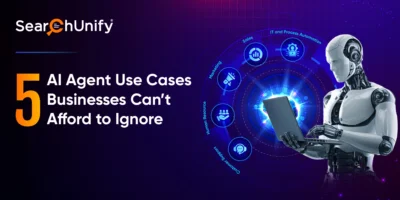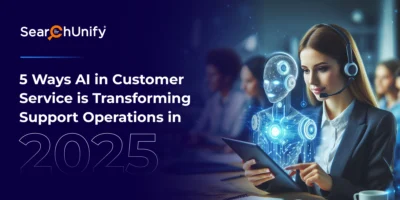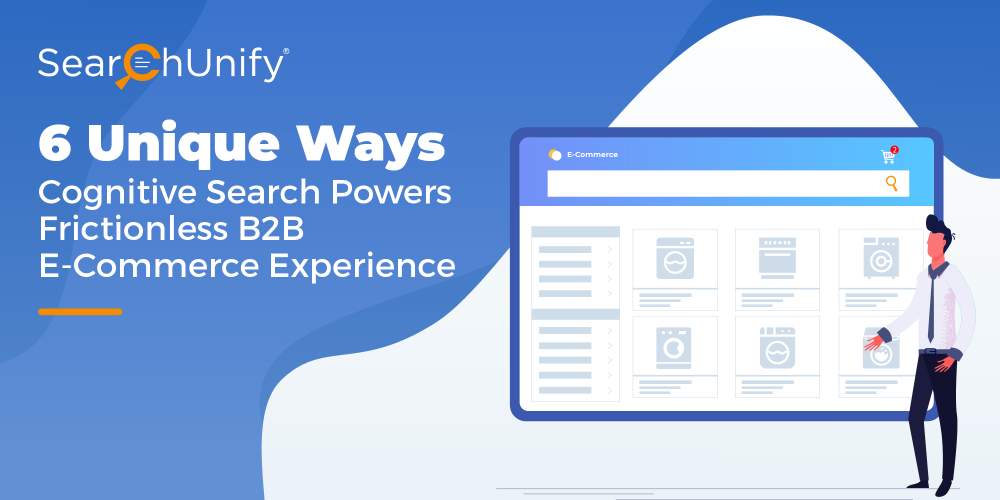
The ‘new normal’ has every industry engulfed in clouds of uncertainty. Has it altered the B2B e-commerce landscape? Hmmm, let’s see…
B2B Buyers, on being asked,
If it’s appropriate to market products and services to them right now:
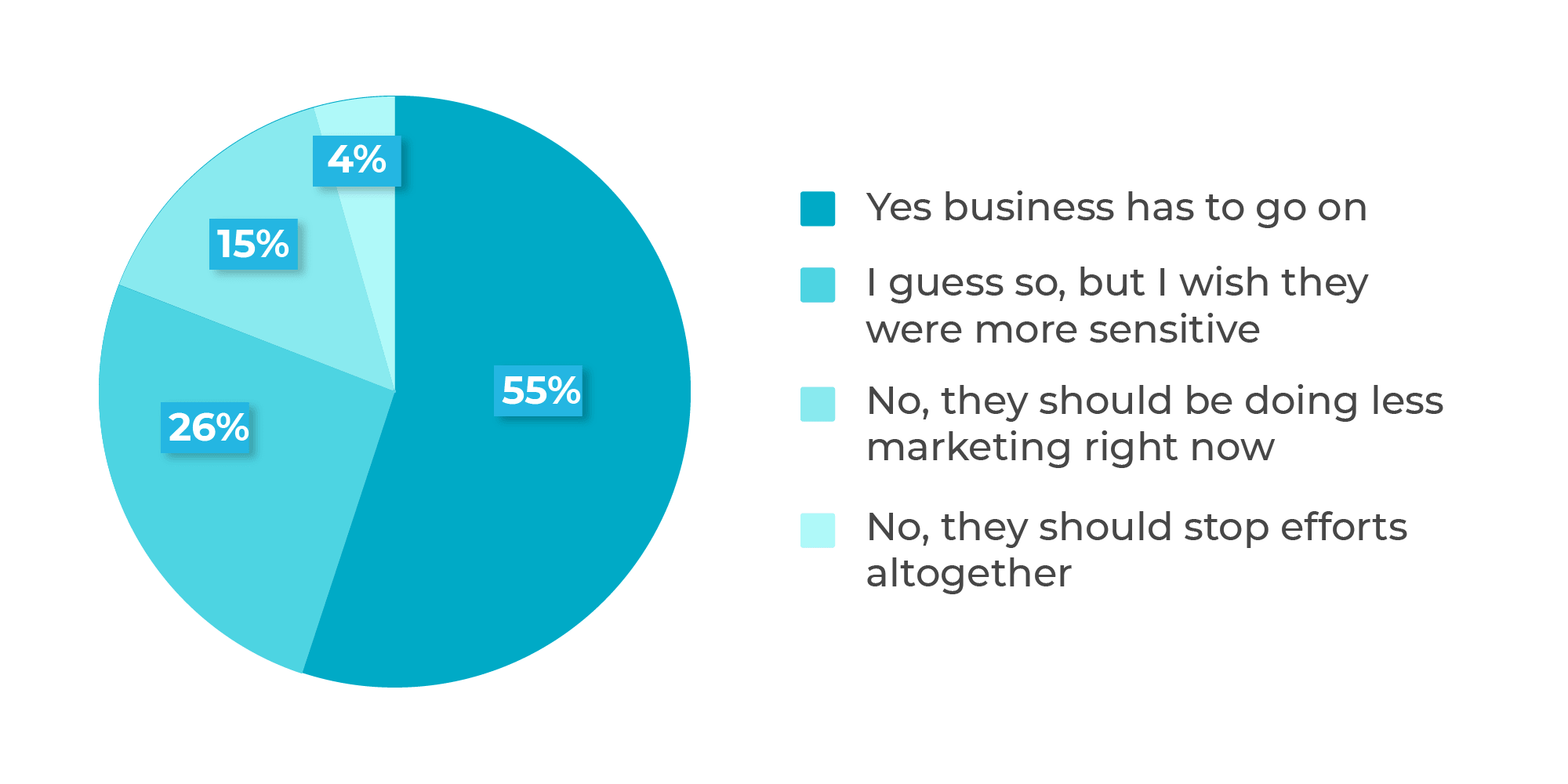
The most important thing they’d like to know from their B2B technology & service providers right now:
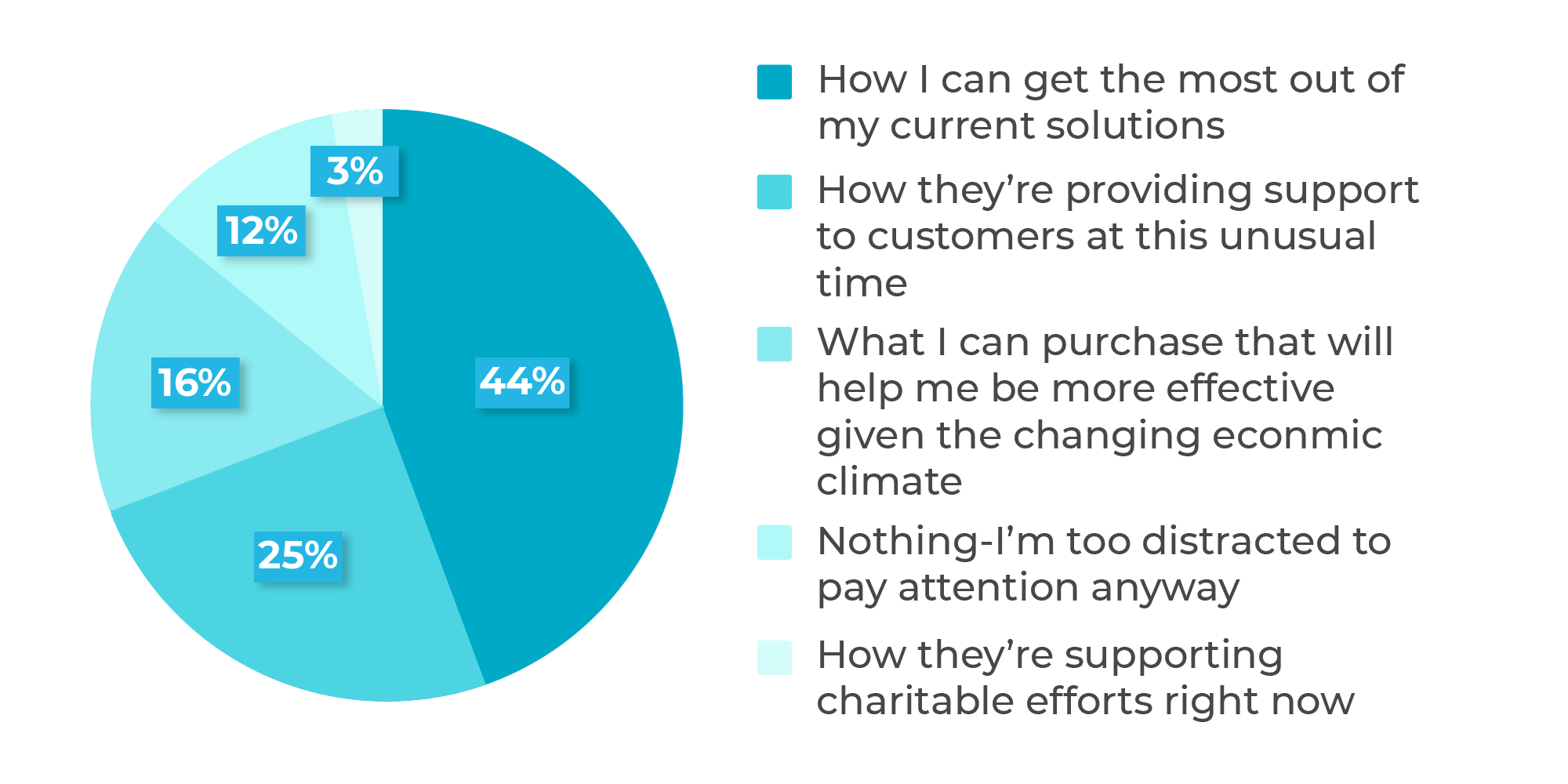
If their company is considering any B2B purchases at this time:
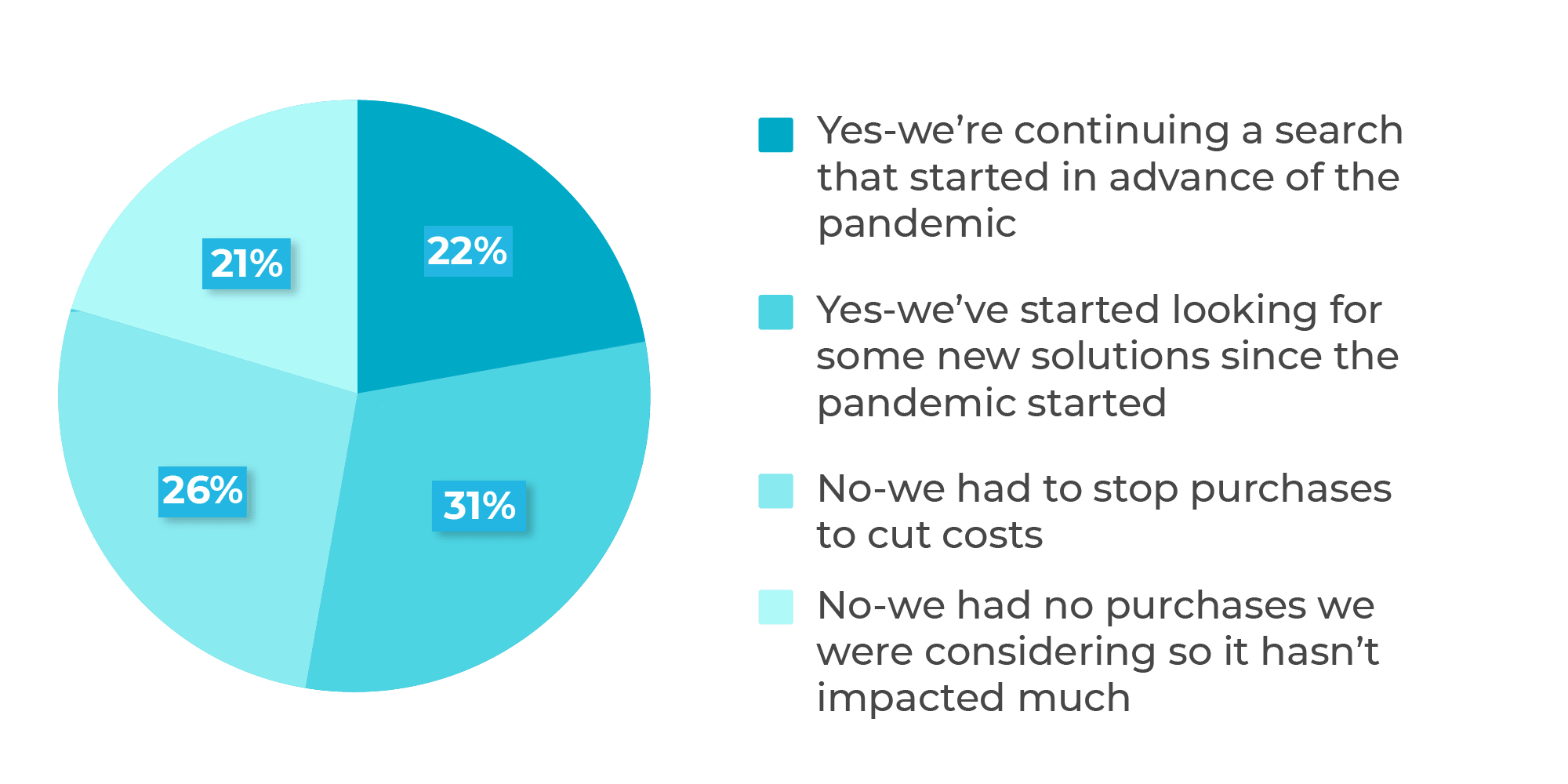
LeadMD opines that B2B clients are a tad frustrated with the mention of COVID-19 but at the same time optimistic about getting their job done. Well, I feel them. Now that we know B2B buyers are willing to purchase, let’s try to understand their priorities and drivers.
Understanding A B2B Buyer’s Decision-Making Process
Unlike B2C shoppers, B2B buyers don’t waste time browsing an online store. They often have a specific product on their mind and all they want to do is buy it quickly. Then what’s stopping them from purchasing from your e-store? The search bar on your e-store itself. What a bummer!
63% of B2B buyers say that the products they want to purchase from e-commerce sites are either out of stock or hard to find. Lack of personalized content, sloppy website interactions, frictional reordering process, and insufficient product information further adds to their nightmare. Whether you’re selling V-belts or chocolate-dipped donuts (my personal favorite), you need to provide a smooth, frictionless product discovery experience on your e-commerce site. Cognitive search empowers you to do that and much more.
How Cognitive Search is Poised to Overcome the Hurdles
1. Bridges the Gap Between Specific Product Queries and Search Results
Imagine a B2B buyer, Ron, who is looking for an online vendor to restock ‘milk frother’ for their chain of stores. He starts his search by typing ‘H422 Stainless Steel Electric Milk Frother’ on the website of a potential supplier. The search returns no results. He thinks maybe the query is too specific and alters it to ‘Stainless Steel Milk Frother.’ Still no result. He quits. Turns out the site did have milk frothers, but labeled as ‘Dual-Speed Power Frother.’
Rudimentary search engines bite the dust when paired with long-tail queries. A cognitive search engine, on the other hand, makes it a breeze to return relevant products by indexing the entire product inventory & product descriptions. Backed by AI and ML, it eliminates the ‘no results’ page and keeps visitors coming back.
2. Delivers Contextual Results by Understanding Your Customer’s Intent
To err is human. When B2B customers search on your e-commerce site, they often end up messing up spellings, spaces, and abbreviations. They expect your site’s search engine to take care of these silly mistakes itself.
E-tailers can breathe a sigh of relief because a cognitive engine comes with NLP. It can easily understand what customers are looking for even if they frame the silliest queries laden with typos. An array of features such as autosuggest, spellcheck, and synonym recognition meets ever-evolving buyer needs and populates the best products every time.
3. Takes the Personalization Game to the Next Level
Richard Isaac, CEO of RealDecoy, says personalization in B2B maybe even more important than B2C. In B2B purchases, a lot of people are involved. When a specific user logs in your e-commerce site, a cognitive engine provides personalized dynamic product recommendations.
These are based on the user profile, history of transactions, clicks, and views, making repeat purchases a lot easier. This is especially useful for creating a great merchandising strategy. In addition to creating a seamless user experience, this drives customer loyalty and average order value (AOV).
4. Provides Intuitive UI Powered by Dynamic Filters and Facets
McKinsey reports that 86% of B2B executives prefer using self-service tools for reordering, rather than talking to a sales representative. The same report also states that lack of speed in interactions with their suppliers emerged as the number-one “pain point,” mentioned twice as often as price.
A cognitive search engine takes care of all the above things. It comes with dynamic facets that reduce customer efforts and propel self-service. Users can tweak results on the fly based on price, specific features, brand, and whatnot. Guided navigation on your website helps users cut through the clutter and get to relevant products faster.
5. Offers Better Omnichannel and Product Discovery Experience
In this age of social media and multiple channels, creating a consistent customer experience is as important as having an online presence. If a client is not getting the same brand messaging across different channels, you WILL eventually lose their trust. For instance, if a buyer sees a deal on your Facebook page and lands on your website only to find out a different price, they won’t bother coming back.
Advanced cognitive engines ensure a unified customer experience. It integrates different digital properties so that users get relevant information. If a buyer has previously checked your blog post on ‘5 Best Dishwashers of 2020’ and then landed on your e-store, the search engine is smart enough to display dishwashers page with facets for an easy and quick transaction.
6. Improves Conversion Rates With Search Analytics
Happy Friendship day! Search analytics is going to be the next best friend of your marketers and merchandisers. It empowers them to easily spot products that appeal to certain buyers at the click of a button.
Gartner coined the term insights engine for cognitive search because it offers rich insights such as top products, keywords used, product clicks and views, cart abandonment rates, etc. Based on that, you can develop a strategy to upsell and cross-sell items, making the most of your e-store.
It’s fair to say that employing a cognitive search engine on your e-commerce website will save you time and money, keeping customer satisfaction high. But selecting a search platform is just the beginning, you will need to improve search relevance for best results.
Not Sure How to Take the First Step Towards the Future of B2B E-Commerce?
It’s best to follow the crawl-walk-run approach. Here’s an eBook that will help you get started and choose the right search vendor for your business.


